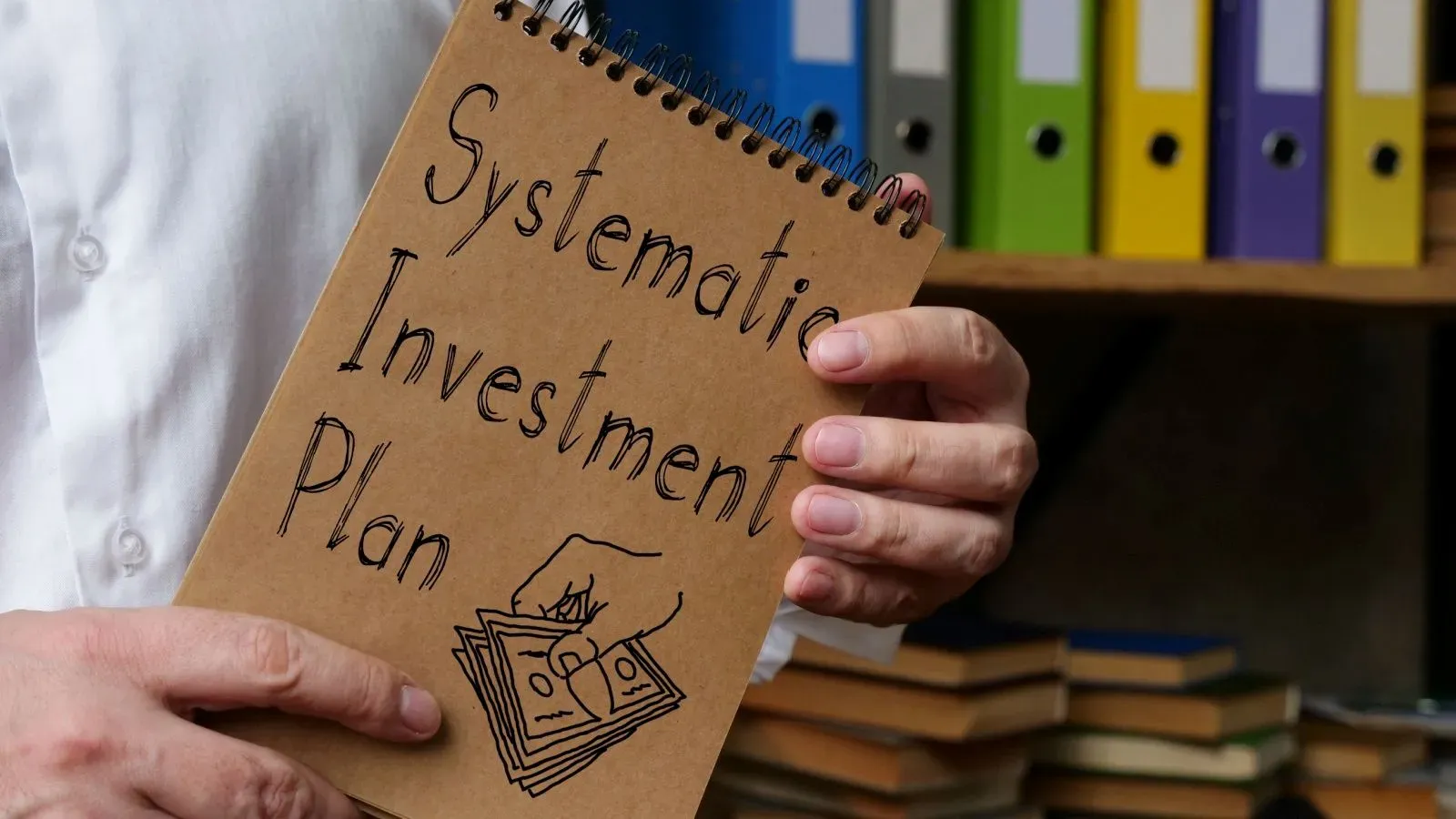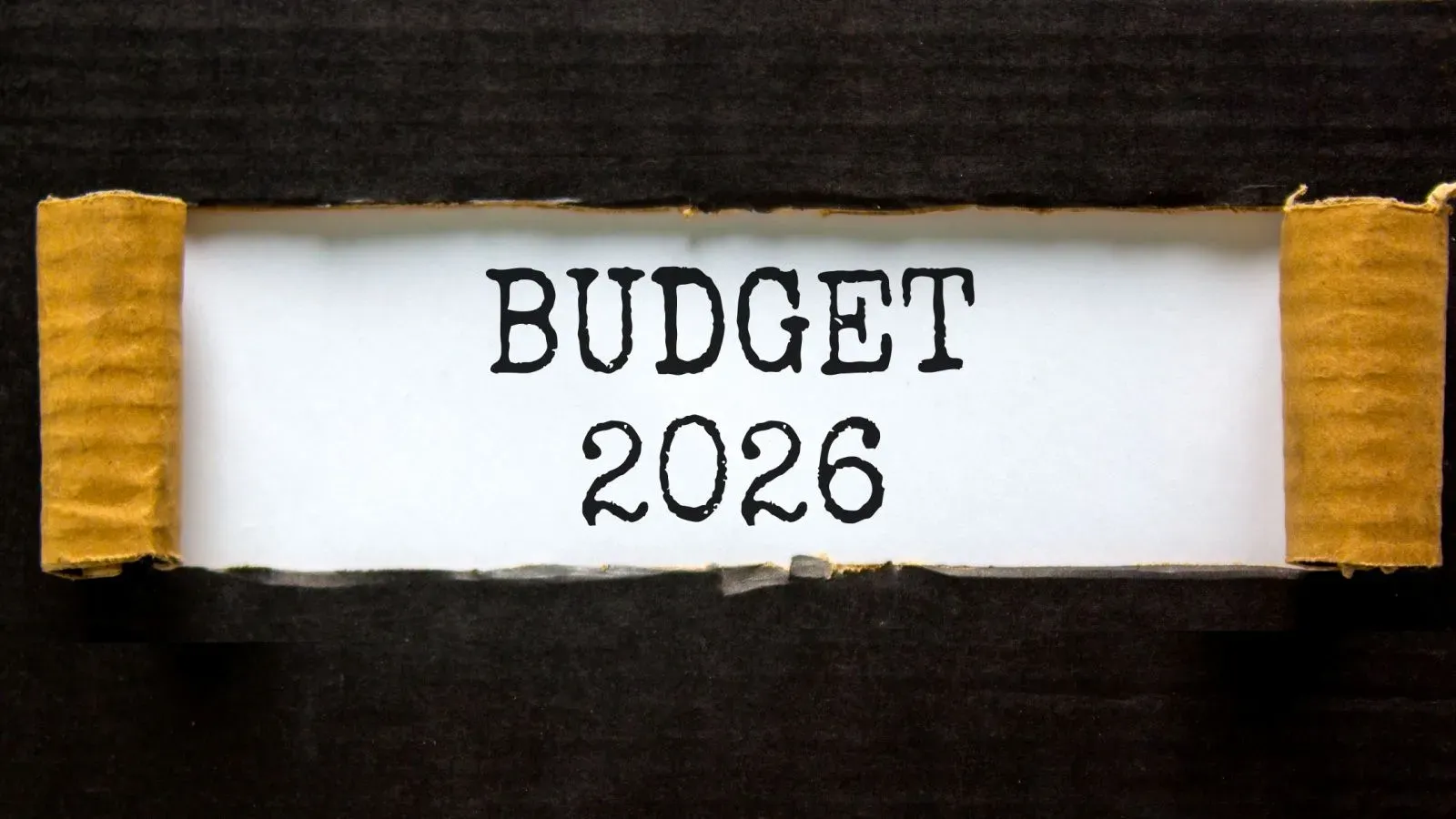Personal Finance News
Is it possible to gift mutual fund units to family members and save tax? Explained

6 min read | Updated on August 01, 2025, 09:10 IST
SUMMARY
When you transfer the units from your demat to the demat account of any specified relatives, the units are not getting sold. Only their contact address changes. Hence, no tax arises.

At the time of gifting, neither you nor the recipient will have to pay tax. | Representational image source: Shutterstock
Mutual fund units held in a demat account can be transferred to another person's active demat account, though the process may require some effort. Still, this option enables demat account holders to gift mutual fund units to their loved ones, provided the recipient also has an active demat account.
Such gifting will, however, not help you save tax. This article explains the reason and outlines everything you need to know about gifting mutual fund units.
Why can't you save tax?
In mutual funds, tax incidence arises when you sell or redeem the units. There is no tax for holding them in a demat account, which serves as a contact address for the units.
When you transfer the units from your demat to the demat account of any specified relatives, the units are not getting sold. Only their contact address changes.
So technically, you can't save tax by gifting mutual fund units. You can only pass on the burden of taxation to the relative to whom you want to gift the units.
For transferring mutual fund units held in non-dematerialised form, you first need to dematerialise them.
Will the relative need to pay tax?
As per Section 47 of the Income Tax Act, 1961, gifting of capital assets is not considered a "transfer" for taxation. Mutual Fund units are considered capital assets. Therefore, gifting them to relatives does not lead to any tax liability for you.
Further, the relative who will receive the units will also not have to pay tax at the time of gifting. Section 56(2)(x) of the Income Tax Act provides an exemption from tax on a property received without consideration or for inadequate consideration from a "relative".
So, at the time of gifting, neither you nor the recipient will have to pay tax. However, capital gains tax will arise if the relative sells those units in the future. The cost of acquisition that will be considered for calculating the capital gain will be the cost at which you had purchased those units. Further, the holding period will also include the period for which you held those units in your demat account.
Who are the specified relatives?
As per Section 56 of the Income Tax Act, the following persons are considered as "specified relatives" to whom you can gift without paying tax at the time of transfer:
(a) Spouse of the individual;
(b) Brother or sister of the individual;
(c) Brother or sister of the spouse of the individual;
(d) Brother or sister of either of the parents of the individual;
(e) Any lineal ascendant or descendent of the individual;
(f) Any lineal ascendant or descendent of the spouse of the individual;
(g) Spouse of the persons referred to in (b) to (f).
You can also buy units in the name of your minor son or daughter, and you can become the guardian. The child will get full control of the investment after reaching the age of 18.
Please note that gains from the sale of mutual fund units gifted to the spouse or minor children can be taxed in your hands, as clubbing provisions apply in such cases. However, mutual fund units gifted to parents, adult children, and siblings will be taxed in their hands.
What about mutual fund units held in non-dematerialised form?
Mutual Fund units held in non-demat form can be directly transferred to another person only after the death of the investor. If you are holding your MF units in non-dematerialised form and want to gift them to your relatives, then you first need to transfer them to a demat account.
Gifting mutual fund units: What you need to know
| Topic | Details |
|---|---|
| Can you gift MF units? | Yes, if held in a demat account and recipient has one too |
| Is it online? | No, it's an offline process |
| Tax saving possible? | No tax saved; only tax burden shifts |
| Tax at time of gifting? | No tax for you or recipient if gifted to a relative |
| Tax on future sale? | Yes, recipient pays capital gains tax |
| Cost & holding period? | Based on your purchase cost and your holding period |
| Clubbing provisions? | Gains from gifts to spouse/minor children may be taxed in your hands |
| Non-demat units? | Must be dematerialised before gifting |
| Transfer process | Fill Delivery Instruction Slip (DIS), submit to broker |
| Fees & charges | ₹25 or 0.03% (whichever higher) + 18% GST + 0.015% stamp duty |
| Time taken | Usually 1-2 business days, may vary |
How to transfer
You need to fill out a Delivery Instruction Slip (DIS). You can get this form from your broker or depository participant (DP). Some of the key details required to be filled in the DIS include the ISIN number, which is the unique identifier for mutual fund units, transferor and transferee details, the reason for the transfer, and the quantity of units to be transferred.
After filling the form, submit the DIS to the broker, either personally or by courier. You may need to include a client master report (CMR) for verification. If the value of units being transferred is more than ₹5 lakh, then you may need to undergo further verification.
The transfer process may take 1-2 more business days after the verification. However, in some cases, it may be delayed for various reasons.
For completing the transfer of mutual fund units from one demat account to another demat account, a transaction fee of 0.03% of the transfer value or ₹25 whichever is higher, along with GST at 18% will be charged. A stamp duty of 0.015% will also apply to all such transfers.
You may also make a gift deed to use as a supporting document for the transfer via demat in the future. However, the gift deed alone is not sufficient for gifting mutual fund units.
Related News
By signing up you agree to Upstox’s Terms & Conditions
About The Author
Next Story




